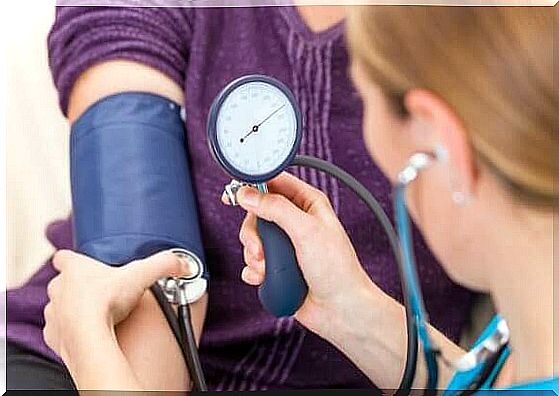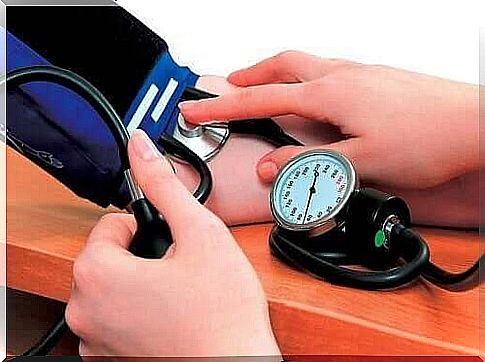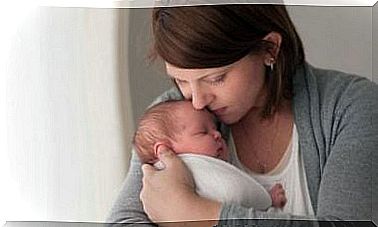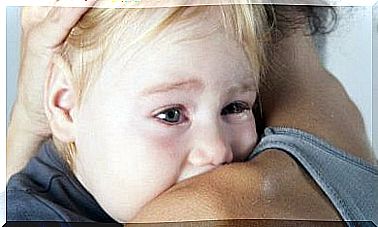Risks Of Pregnancy Poisoning After Childbirth

Pregnancy poisoning, also called preeclampsia, is when you get high blood pressure while you are pregnant – but it can also happen after childbirth. Pregnancy poisoning after childbirth is not common, but it is still important that you take preventive measures and learn to detect the symptoms in order to be able to act as soon as possible.
The symptoms can appear immediately after delivery and last for up to three months.
The condition requires immediate treatment in order not to risk cardiovascular complications, e.g. damage to blood vessels and persistent heart complications
Signs and symptoms of preeclampsia after childbirth
- Suddenly high blood pressure, ie. 140/90 or higher.
- An excess concentration of protein in the urine (over 300 mg).
- Sudden and temporary loss of vision. Women may also experience hypersensitivity to light, weakness, fatigue and a changed state of mind.
- Sudden and noticeable weight gain despite a healthy diet. There may also be nausea and vomiting.
- Swollen extremities and swollen face.
- Stomach pain.
- Breathing difficulties.

Causes of preeclampsia after childbirth
Doctors and researchers still do not agree on what causes it. The most likely explanation is that it occurs in women who have already had preeclampsia during pregnancy – even if they did not know about it.
Another factor that can affect is hereditary predispositions.
Other risk factors include:
- High blood pressure after the 20th week of pregnancy.
- Pregnancy under the age of 20 or over 40.
- Obesity or overweight.
- Pregnant with more than one fetus.
Complications and risk factors
- Pregnancy poisoning after childbirth can cause permanent damage to vital organs such as the brain and kidneys. In the worst cases, it can be fatal or lead to coma.
- The condition can increase the risk of venous thrombosis and pulmonary embolism. If these occur, the person has difficulty breathing, chest pain, fever and may no longer be able to live a normal life.
- The risk of pulmonary edema increases with high blood pressure. It can have a drastic effect on the respiratory systems, as fluid accumulates in the tissue of the lungs. The main symptoms are coughing up blood, anxiety, heavy sweating and difficulty breathing.
Diagnosis and treatment
- Blood tests help determine if the liver and kidneys are working properly. They also verify that the woman has the right number of platelets. These regulate the coagulation of the circulatory system and can save the person’s life in case of bleeding.
- Urine samples indicate the concentration of protein in the woman’s urine. A concentration above 300 mg is serious.

Preeclampsia usually requires medication. Treatment should focus on avoiding convulsions, reducing blood pressure and normalizing urine content.
You now know how to identify the symptoms of pregnancy poisoning after childbirth and what consequences can occur if you ignore them. The woman’s body is more vulnerable after giving birth, and it is therefore important to think about what the body is trying to say.
Prioritize your health so you can enjoy time with your child and family!









